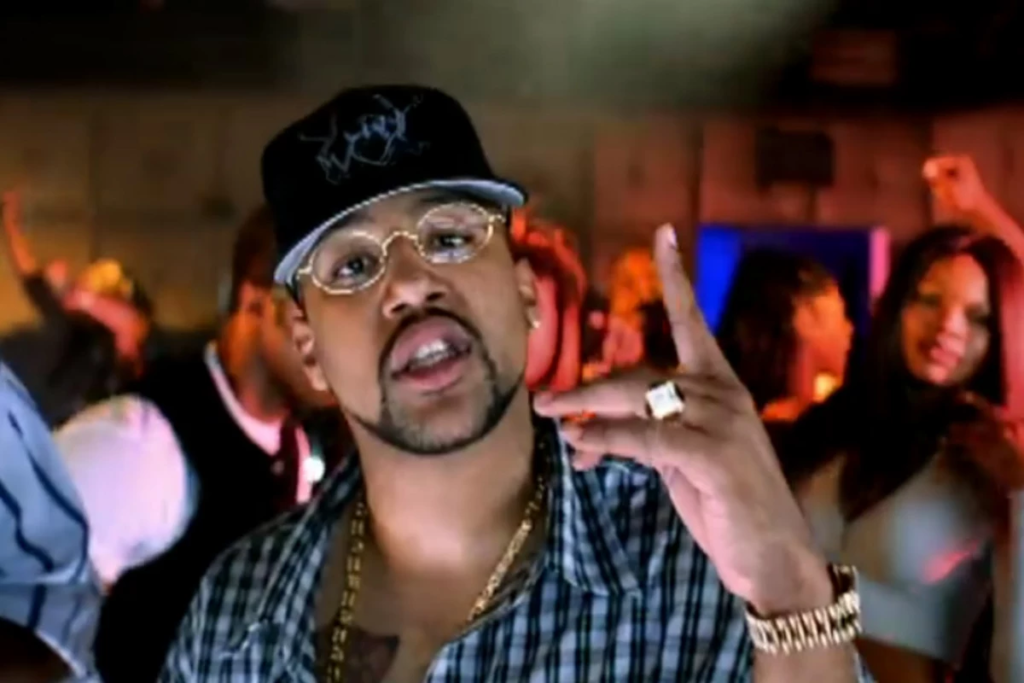Pimp C Death: The death of Chad “Pimp C” Butler shocked the music industry and his fans. As one-half of the legendary rap duo UGK (Underground Kingz), Pimp C was a pivotal figure in Southern hip-hop. His unexpected passing on December 4, 2007, sparked questions and widespread mourning. Below, we provide a detailed look at Pimp C’s life, his tragic death, and the lasting legacy he left behind.
Know Pimp C

| Attribute | Details |
|---|---|
| Full Name | Chad Lamont Butler |
| Stage Name | Pimp C |
| Date of Birth | December 29, 1973 |
| Place of Birth | Port Arthur, Texas, USA |
| Date of Death | December 4, 2007 |
| Profession | Rapper, Producer, Songwriter |
| Famous For | Co-founding UGK and Southern Rap |
How Did Pimp C Die?

Pimp C’s death occurred at the Mondrian Hotel in Los Angeles. He was found unresponsive in his room, and an autopsy later revealed the cause of death as an accidental overdose. The toxicology report identified promethazine and codeine (found in cough syrup) as contributing factors, combined with severe sleep apnea. This tragic combination proved fatal, shedding light on the risks of drug misuse and untreated sleep conditions.
Pimp C Age at the Time of Death
Pimp C was only 33 years old when he passed away, leaving behind a thriving career and a grieving family, friends, and fans.
What Was Pimp C’s Profession?
Pimp C was a multi-talented artist whose contributions to music spanned several roles:
- Rapper: Co-founded UGK, releasing critically acclaimed albums such as Ridin’ Dirty and Underground Kingz.
- Producer: Crafted beats for UGK and other prominent artists, blending soulful melodies with hard-hitting rhythms.
- Songwriter: Known for his storytelling and vivid lyrics, reflecting Southern culture and struggles.
Controversy Around Pimp C Death

While Pimp C’s death was officially ruled an accidental overdose, some controversy surrounded the circumstances. The prevalence of “syrup” (a recreational drink containing codeine) in Southern hip-hop culture brought criticism and reflection on substance abuse in the music industry. Additionally, conspiracy theories emerged, though none were substantiated.
